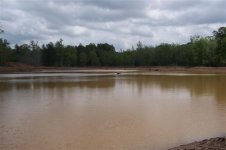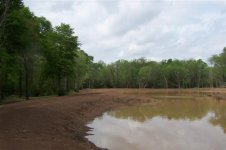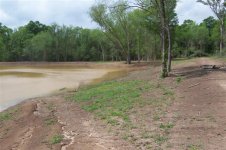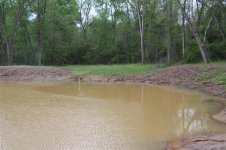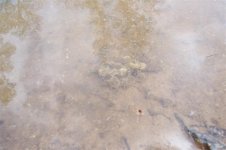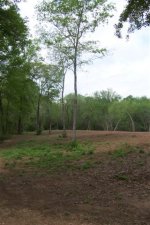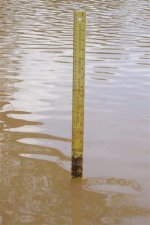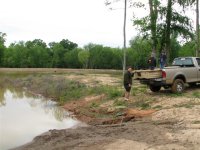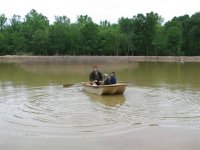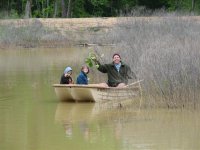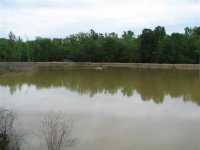EddieWalker
Epic Contributor
Hi Gary,
What I know about bermuda can be put in a thimble with room to spare. hahaha Of the different brands, it does make a difference what you plan on doing with it. Some is very aggreassive and fast growing. It's for hay cattle. Others are more slow growing and finer bladed for lawns. I just want it green and drought tollerant since I'm not gonna water it.
The best place for specific information is from Texas A&M. They have an extension in my county and I think most counties.
Texas Cooperative Extension, the Texas A&M University System
They are always doing research on grasses, pastures and other plants to see what will grow best.
The sack of seed you're looking at is almost all seed. I made the mistake of buying on price per sack, and not on percentage of seed. You can get bermuda seed from all the stores, but most sacks are less then half seed. When comparing prices, you need to be compare percentages in the sack, which is what I'm sure you are already doing. I just didn't realize it when I first bought my land and started spreading seed.
The other thing to consider is how long will the seed sit before germinating. Hulled seed will sprout much faster, but will rot if conditions are not right. Bermuda needs warm weather and water to get going. I've been told soil temps need to be 80 degrees, but don't actually believe it. Right now it's getting into the 70's and my bermuda is sprouting from seeds I put out last fall. That was un-hulled seed because I knew it was late in the season and didn't expect it to all germinate before winter came in.
The fertalizer guy said to plant first, then fertelize after it's growing. With bermuda, you don't really need to do much to the soil to get it to grow. It seems to love clay and acidic soils.
What I know about bermuda can be put in a thimble with room to spare. hahaha Of the different brands, it does make a difference what you plan on doing with it. Some is very aggreassive and fast growing. It's for hay cattle. Others are more slow growing and finer bladed for lawns. I just want it green and drought tollerant since I'm not gonna water it.
The best place for specific information is from Texas A&M. They have an extension in my county and I think most counties.
Texas Cooperative Extension, the Texas A&M University System
They are always doing research on grasses, pastures and other plants to see what will grow best.
The sack of seed you're looking at is almost all seed. I made the mistake of buying on price per sack, and not on percentage of seed. You can get bermuda seed from all the stores, but most sacks are less then half seed. When comparing prices, you need to be compare percentages in the sack, which is what I'm sure you are already doing. I just didn't realize it when I first bought my land and started spreading seed.
The other thing to consider is how long will the seed sit before germinating. Hulled seed will sprout much faster, but will rot if conditions are not right. Bermuda needs warm weather and water to get going. I've been told soil temps need to be 80 degrees, but don't actually believe it. Right now it's getting into the 70's and my bermuda is sprouting from seeds I put out last fall. That was un-hulled seed because I knew it was late in the season and didn't expect it to all germinate before winter came in.
The fertalizer guy said to plant first, then fertelize after it's growing. With bermuda, you don't really need to do much to the soil to get it to grow. It seems to love clay and acidic soils.
